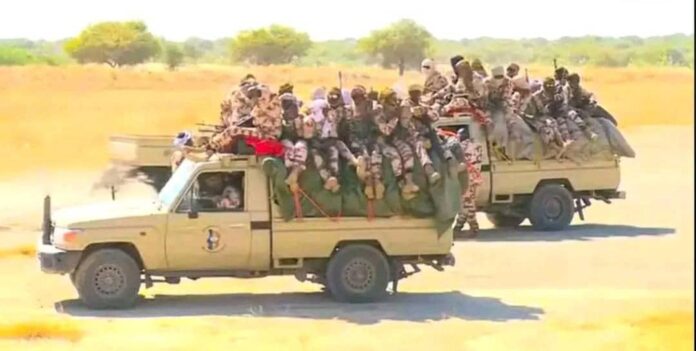Chad’s military pullout looms as regional terrorism crisis deepens (Pictures & Video)
In a significant escalation of tensions, Chadian President Mahamat Idriss Deby has threatened to withdraw from the Multinational Joint Task Force (MNJTF), a regional security coalition, citing a lack of support from fellow members Benin, Cameroon, Niger, and Nigeria.
The MNJTF, formed to combat the escalating terrorism in the Lake Chad region, has struggled to make meaningful progress against terrorist groups wreaking havoc across the region.
During a visit to the Lake Chad area, located just 62 miles from the Chadian capital of N’Djamena and bordering Niger, Nigeria, and Cameroon, President Deby announced a new military operation aimed at dismantling terrorist groups operating in the region.
He expressed his frustration with the current state of the MNJTF, stating, “Our efforts to eradicate these terrorist groups have been hampered by a lack of support and coordination among the coalition. If we continue down this path, Chad may be forced to withdraw from the MNJTF.”
The Lake Chad region, already a hotbed for terrorism, has seen escalating attacks from groups like Boko Haram and its splinter faction, the Islamic State West Africa Province (ISWAP).
These groups have maintained a relentless assault on civilians, governments, and military forces across Nigeria, Niger, and Cameroon. Chad’s military is a respected force in the region, and its potential departure from the MNJTF would severely disrupt the coalition’s ability to tackle these violent extremists.
Nigeria, despite its substantial military and intelligence assets, including units trained by the U.S. military, has struggled to mount an effective defense against the insurgents.
The insurgency, led by Boko Haram and ISWAP, has caused widespread devastation in northeastern Nigeria, with thousands of lives lost and millions displaced.
READ ALSO: Boko Haram attacks military base, kills 40 soldiers
Deby’s statement highlights the deepening crisis, as he emphasized, “Chad cannot continue to bear the brunt of this fight alone. We need our regional partners to step up, or we will be forced to reconsider our participation.”
The latest developments come as representatives from the United Kingdom arrive in Nigeria for discussions on a strategic partnership, including economic and security matters, further underscoring the urgency of a coordinated regional response.
According to the 2024 report by the International Crisis Group, internal strife within Boko Haram and between Boko Haram and ISWAP has caused more harm to these groups than any counterterrorism efforts in the past two years. However, this internal conflict should not be mistaken for success on the part of the MNJTF, as the terror groups continue to hold significant power in the region.
As terrorism in sub-Saharan Africa intensifies, the Lake Chad region remains a focal point of international concern. “We are witnessing a shift in global terrorism dynamics, with Africa becoming a new front in the battle against extremism,” said a security expert familiar with the situation.
The growing instability in the region calls into question the future of the MNJTF and the broader fight against terrorism in Africa, with Chad’s potential pullout adding further uncertainty to the already fragile security landscape.
See pictures & video below:
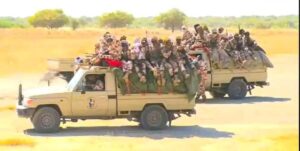

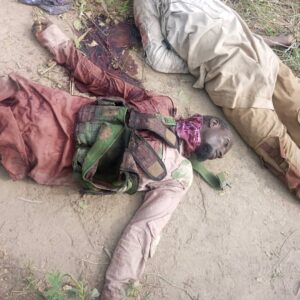
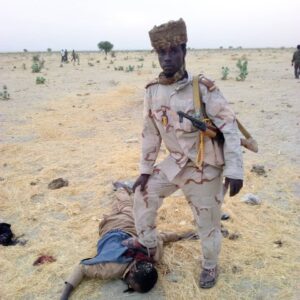
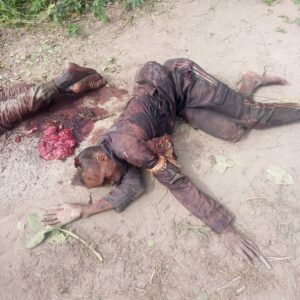
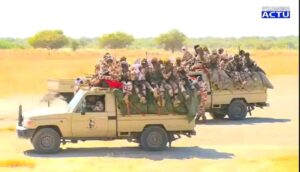
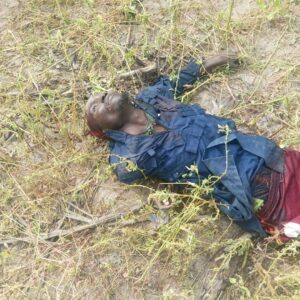
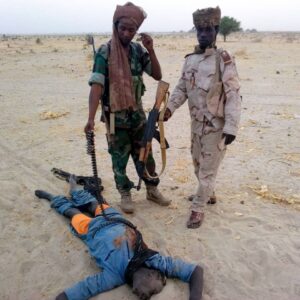
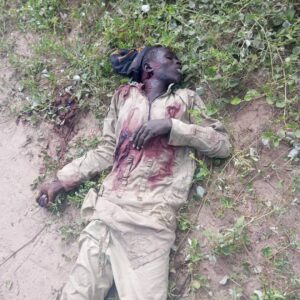
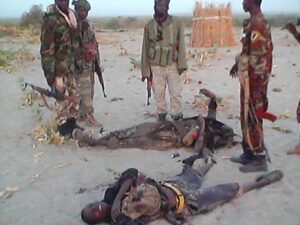

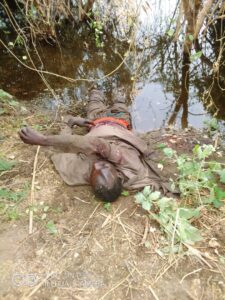
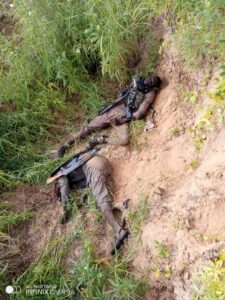
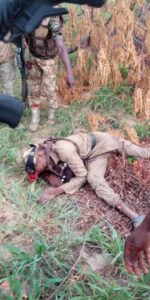
Follow the Neptune Prime channel on WhatsApp:
Do you have breaking news, interview request, opinion, suggestion, or want your event covered? Email us at neptuneprime2233@gmail.com

